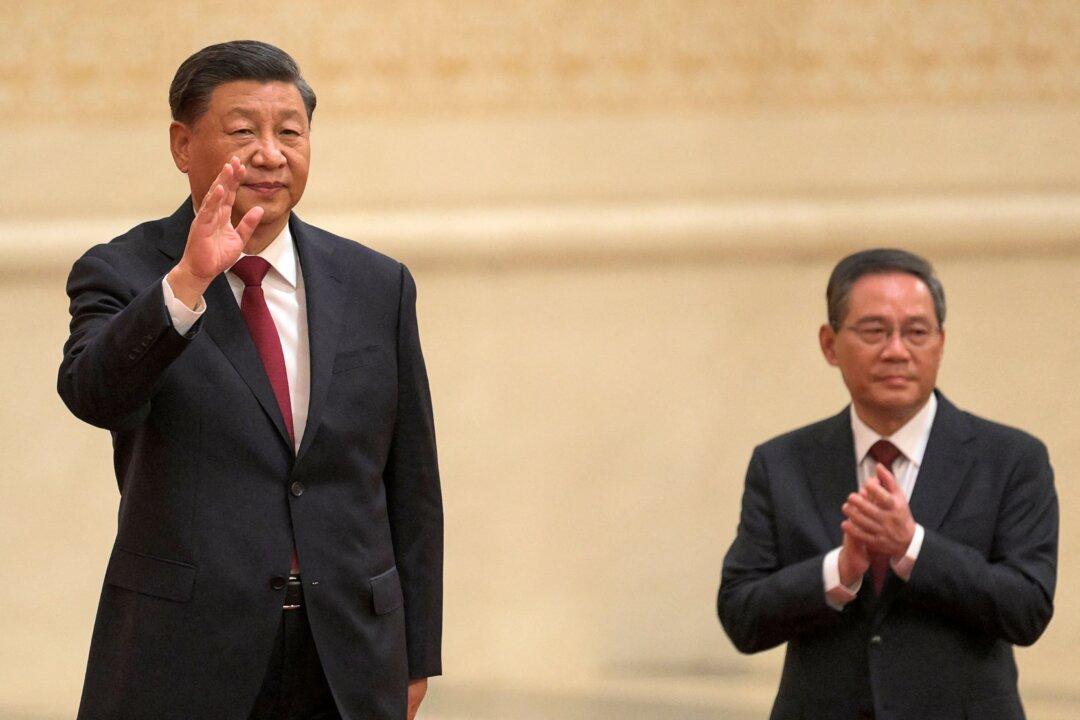Chinese Communist Party (CCP) leader Xi Jinping said during the recently-concluded 20th Party Congress that China would open up economically to the world. But experts warned that this would mean obliterating international rules in the regime’s favor at the expense of the free world.
“We'll be steadfast in deepening reform and opening up across the board,” said Xi during his meeting with the press at Beijing’s Great Hall of the People on Oct. 23, according to Xinhua, the regime’s official news agency. The day, Xi secured an unprecedented third term as leader of the CCP.





